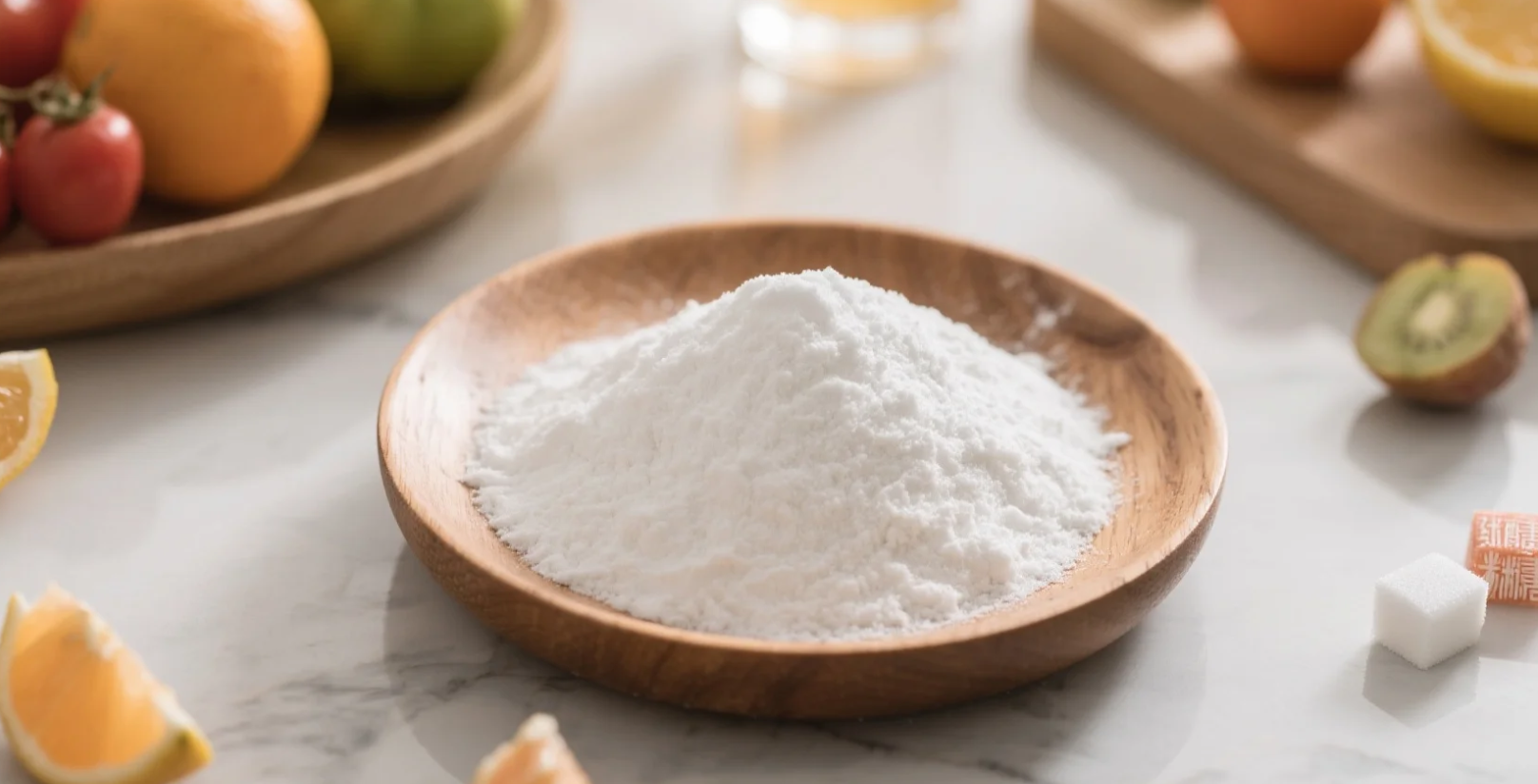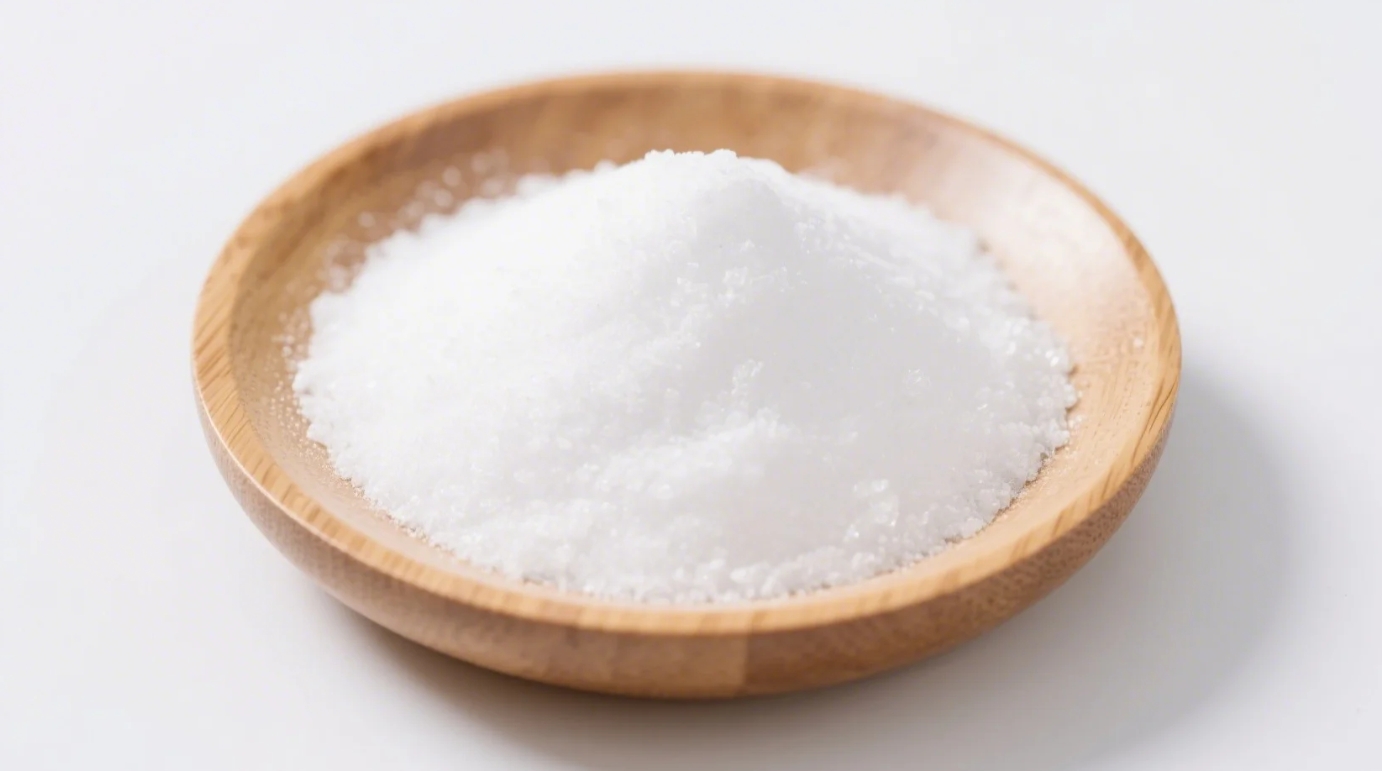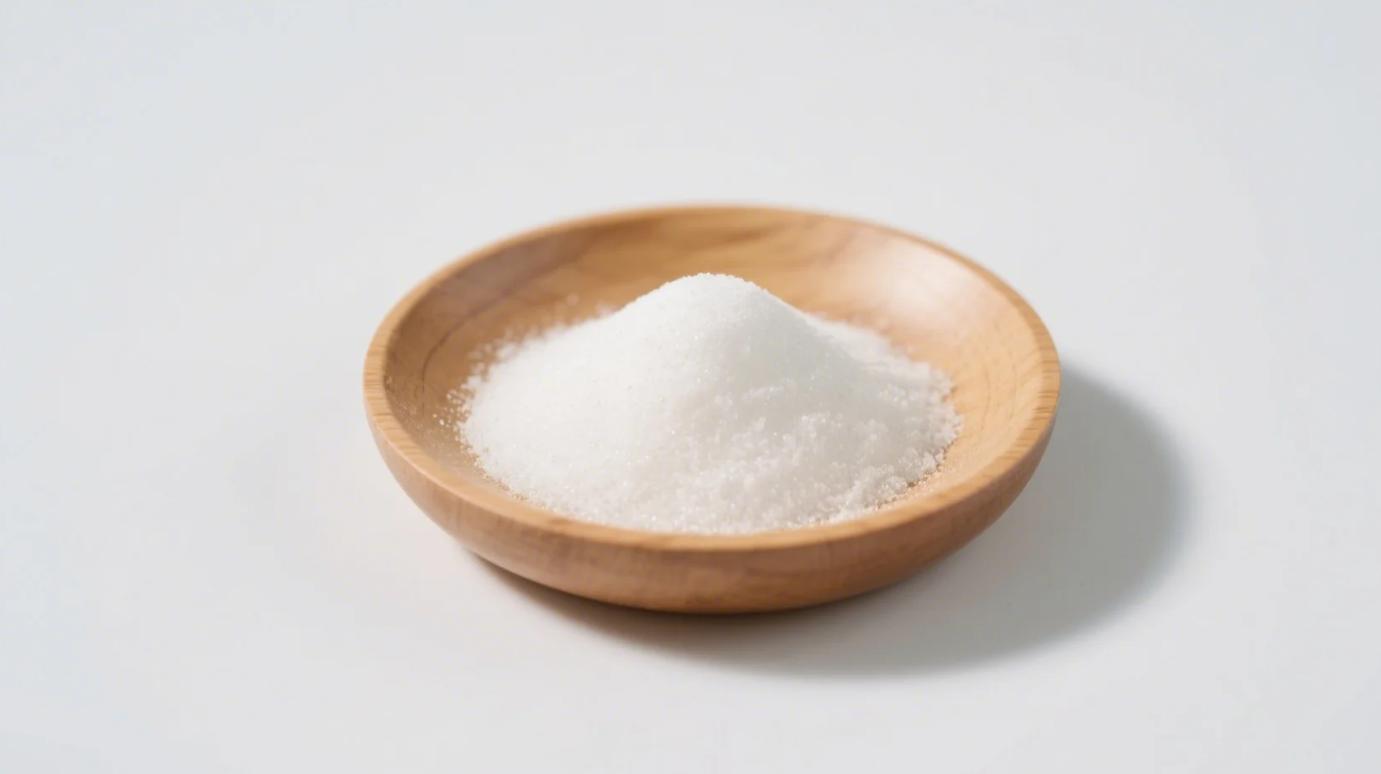When a new healthy food trend emerges, so do the myths surrounding it. Erythritol is no exception. As this natural sweetener gains popularity, misinformation can make it difficult to separate fact from fiction. Let’s set the record straight and debunk some of the most common myths about erythritol.
Myth #1: Erythritol is an Artificial Chemical.
Fact: Many people hear the word “sugar alcohol” and immediately assume erythritol is a synthetic chemical created in a lab. In reality, it’s a naturally occurring compound found in fruits like grapes, pears, and melons. The organic erythritol you find in stores is produced by fermenting non-GMO corn, a process similar to making wine or yogurt. It is a natural product, not a manufactured chemical.
Myth #2: It Has the Same Side Effects as Other Sugar Alcohols.
Fact: Other sugar alcohols like sorbitol and xylitol are famous for causing digestive issues like bloating, gas, and diarrhea. This is because they aren’t fully absorbed by the body and can ferment in the large intestine. Erythritol is different. Over 90% of it is absorbed in the small intestine and safely excreted from the body in urine. This unique absorption process means it rarely causes the unpleasant digestive side effects associated with its counterparts.
Myth #3: Erythritol Spikes Blood Sugar.
Fact: This is a common concern for people managing diabetes or following a low-carb diet. However, erythritol has a glycemic index of zero. It doesn’t impact blood sugar or insulin levels. Your body doesn’t metabolize it for energy, so it passes through without any effect on glucose. This makes it an ideal sweetener for those who need to monitor their blood sugar.
Myth #4: It’s a “Zero-Calorie” Trick.
Fact: Unlike some sweeteners that have trace amounts of calories, erythritol is truly calorie-free for all practical purposes. While it contains a small amount of energy (around 0.2 calories per gram), your body doesn’t absorb it. Therefore, it contributes zero net calories to your diet. The “zero-calorie” label is accurate because your body can’t use it for energy.
Myth #5: Erythritol is Bad for Your Teeth.
Fact: Sugar is a primary cause of tooth decay because the bacteria in your mouth feed on it and produce acids that erode enamel. Erythritol does the opposite. Oral bacteria can’t metabolize it, so it doesn’t contribute to tooth decay. In fact, studies have shown that erythritol can even help reduce dental plaque, making it a great choice for your oral health.
By understanding the facts, you can confidently add erythritol to your healthy diet and enjoy sweetness without the worry.
Related Products
Organic Xylitol
Natural Sugar Alcohol for Tooth-Friendly, Low-Glycemic Formulations
Organic Erythritol Powder
Clean-Label Sugar Substitute for Food, Beverage, and Keto Products


